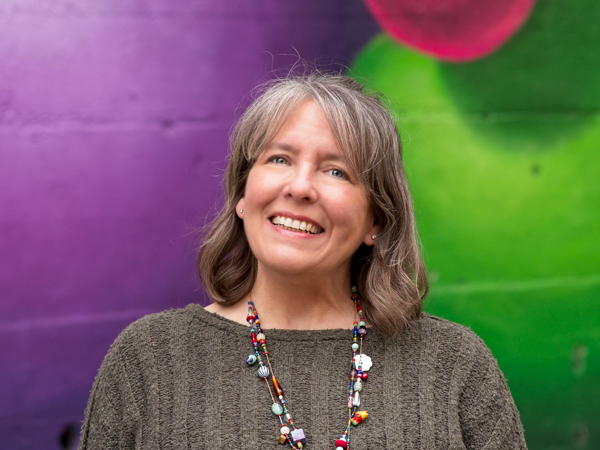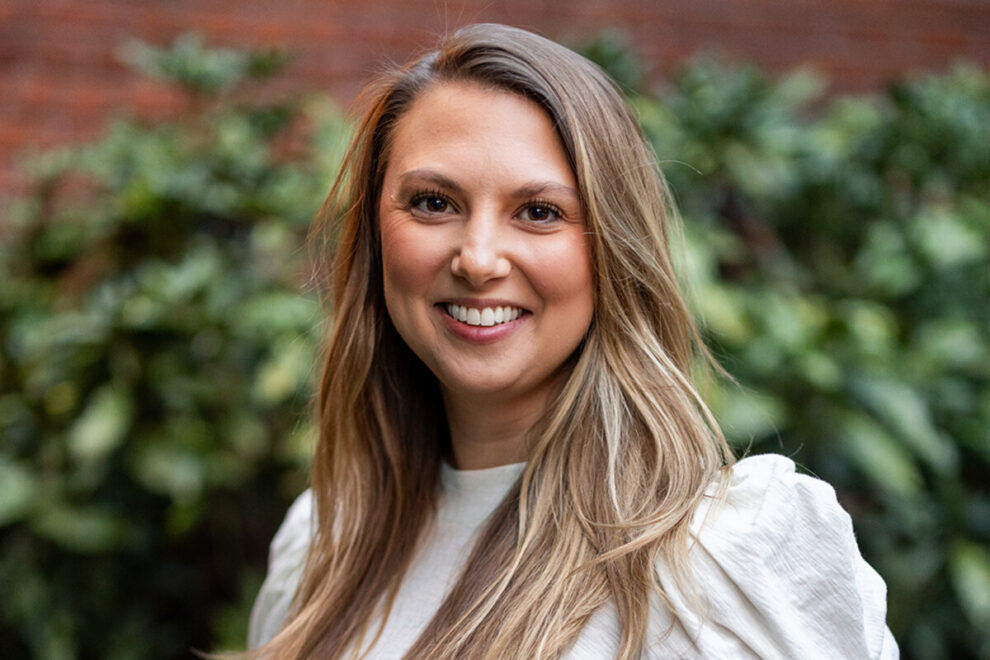Each year, as September’s school days slip by, few phrases are more pleasing to this parent’s ear than, “I made a new friend!”
Even as my oldest, Sam, starts college (which I’m handling pretty well, by the way), I anxiously await a report that she has met someone awesome in this class, or talked to someone cool in that club, or won over a dorm buddy’s heart with the Starbucks Verismo we gave her for graduation.
It all seems so easy when they’re younger. I’m thinking specifically of preschool sojourns to Richmond parks and playgrounds, during which seemingly industrial-strength bonds are forged over a game of make-believe movie theater played using wood chips for tickets.
Things change a bit in elementary school, but not in a bad way. I look back at those days – at my children, the schools they attended, and at the teachers they had – with great pride, realizing just how blessed we were. When Sam was in first grade, she bounded off the bus one afternoon to tell me about Kiko. A recent immigrant from Japan, Kiko came to our country and my daughter’s school not knowing a single word of English. As Sam explained how she was looking forward to helping Kiko, I remember the exact words she told me her teacher had shared with the class: “Mrs. Coulter says Kiko can’t speak English, but she understands smiles. Everyone understands smiles.”
Putting that welcome mat out for Kiko was easy. Here was a little girl who had moved to Richmond from the other side of the world. But thankfully, because of the school system we lived in, I would soon happily discover that opportunities to embrace diversity would come at every turn.
By the time my youngest hit her stride in elementary school, she had developed her own checklist for burgeoning friendships. Interestingly, at the top of it, was not having a pet. Lindsey’s allergies were so severe that even standing too close to a classmate who might have been hugging and loving on her cat or dog before school that day could cause her to have a nasty reaction. This meant no play-dates to a friend’s home if there was a family pet, a social death sentence in fourth grade. Lindsey described Shannon as nice, little, funny, and best of all, “She doesn’t have a dog!” I found it interesting that I didn’t know Shannon was African American until I joined my daughter and her new friend for lunch at the school cafeteria one day. Lindsey hadn’t mentioned this to me because skin color wasn’t important to her. Not having a dog was.
As the mom of three white-as-all-get-out kids (seriously, my girls can’t even tan), I read Paige Tucker’s The New Mayberry in this issue with great interest. Paige relates a personal story about how a little girl once asked her why her boyfriend (her husband now) was white and she was tan. I was intrigued by the sociology behind the way little kids think: They like it when things match. Paige also talks to a mother who doesn’t appreciate the term “mixed” when someone is referring to her biracial kids. I was curious about the way society labels: We like to put people in boxes.
But ultimately, I was encouraged by a message Paige shares from Alex Barnett, a Jewish comedian and author who is married to an African-American woman with whom he has a young son. Alex says every parent’s goal, no matter his cultural background, should be to teach kids to respect others, and to acknowledge and appreciate differences.
Unlike Paige, the majority of us probably won’t need to explain to a curious child why we don’t match our spouse or other member of our family. More of us might have to help someone figure out that people come in all shapes, sizes, and colors, from all different backgrounds, and don’t require a label. And all of us should get behind Alex’s message of embracing diversity and teaching tolerance and respect to raise decent human beings.
So over the next school year especially, I’m going to be thankful for and take advantage of daily opportunities to celebrate diversity – not only in my kids’ classrooms, but throughout our Richmond community.
As two of my women-children start new schools this fall, I will keep my fingers crossed for notice of new friends (no labels required). And I’m going to follow Mrs. Coulter’s lead and smile more. Because she is correct – everyone understands smiles.





